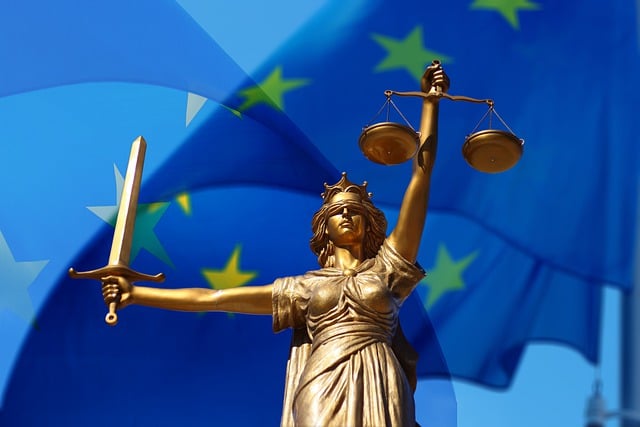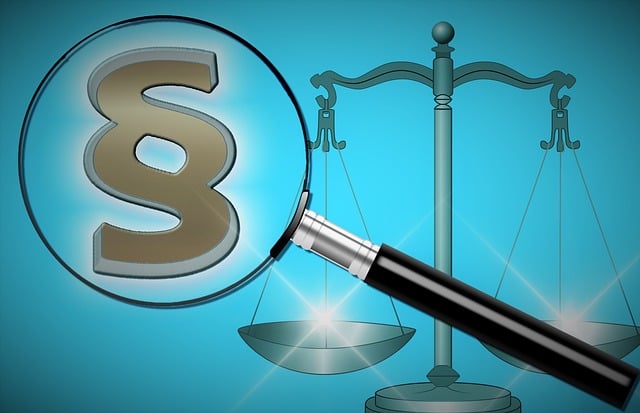Regulatory compliance is a cornerstone for legal integrity, vital in dynamic business settings, with proof beyond reasonable doubt as the standard. Clients achieve exceptional outcomes through proactive measures like tracking legislative changes and cultivating a compliance-focused culture. Prioritizing compliance reduces risks, safeguards reputations, and ensures sustainable success. Proving non-compliance demands strategic approaches due to complex evidence presentation and due process, involving meticulous examination of laws and industry standards. Understanding consequences, including potential charge dismissal or reform, requires strategic planning and legal expertise.
In the complex landscape of business and law, regulatory compliance is more than a mere checkbox—it’s the cornerstone of legal integrity. This article delves into three critical facets of navigating regulatory compliance issues. First, we explore the foundational understanding of regulatory compliance. Next, it dissects the evidence landscape in proving non-compliance, highlighting the pursuit of guilt beyond reasonable doubt. Lastly, we outline the consequences when non-compliance becomes irrefutable, providing a comprehensive guide to managing these challenging scenarios.
- Understanding Regulatory Compliance: The Foundation of Legal Integrity
- Proving Non-Compliance: A Journey Through the Evidence Landscape
- Navigating Consequences: When Guilt is Irrefutable
Understanding Regulatory Compliance: The Foundation of Legal Integrity
Regulatory compliance is a cornerstone of legal integrity and an indispensable aspect for both corporate and individual clients navigating complex business landscapes. It involves adhering to laws, regulations, and rules set forth by governing bodies, ensuring that organizations operate ethically and responsibly. The concept hinges on the principle of proving guilt beyond reasonable doubt; businesses must demonstrate they have met all necessary standards to avoid legal repercussions.
For his clients, achieving extraordinary results often hinges on a thorough understanding of these regulatory frameworks. It requires proactive measures, such as staying updated with legislative changes, implementing robust internal controls, and fostering a culture of compliance within the organization. By prioritizing regulatory compliance, businesses can mitigate risks, maintain their reputation, and foster trust among stakeholders, ultimately leading to sustainable success in an ever-evolving legal landscape.
Proving Non-Compliance: A Journey Through the Evidence Landscape
Proving non-compliance in regulatory cases can be a complex task, especially when navigating the intricate landscape of evidence and due process. In many situations, the bar for demonstrating guilt is set high, often requiring a standard of proof beyond reasonable doubt. This is particularly true in jury trials, where general criminal defense strategies play a pivotal role in achieving extraordinary results for those facing regulatory charges.
The journey to prove non-compliance begins with a thorough examination of relevant laws, regulations, and industry standards. Legal professionals must meticulously gather and interpret evidence, ensuring it aligns with the specific allegations. This process involves sifting through documents, records, and expert opinions, often requiring a deep understanding of both legal principles and the underlying regulatory framework. By presenting compelling evidence and addressing potential defenses, defendants can navigate this challenging path, ultimately safeguarding their rights and interests.
Navigating Consequences: When Guilt is Irrefutable
When facing regulatory compliance issues, understanding the consequences is paramount. If guilt is proven beyond reasonable doubt, the repercussions can be severe. This is especially true for corporate and individual clients alike, where a thorough understanding of the charges is crucial. A clear-cut case of non-compliance can lead to a complete dismissal of all charges or, conversely, achieve extraordinary results in terms of regulatory reform.
Navigating these consequences requires strategic planning and legal expertise. For businesses, it often means reevaluating internal processes and policies to ensure future compliance. For individuals, it may involve explaining extenuating circumstances or negotiating alternative sentences that allow for personal growth and responsible conduct moving forward.
Regulatory compliance goes beyond mere adherence to rules; it’s a cornerstone of legal integrity. By understanding the nuances of non-compliance, gathering irrefutable evidence through robust data analytics and forensic techniques, and recognizing the severe consequences of guilt, organizations can navigate legal landscapes with confidence. Ultimately, ensuring regulatory compliance is not just about avoiding penalties but fostering trust, maintaining reputations, and upholding ethical standards in business practices.






